August 4, 2022
Microsoft Teams now offers Welsh and English translations during meetings
 You can now attend scheduled Microsoft Teams meetings even if you don’t understand the languages your fellow participants are speaking. The new solution, developed by Microsoft in partnership with the Welsh Government, allows designated interpreters to translate what is being said during a scheduled Teams meeting, and attendees can choose which language they want to listen to, in real-time. They are also able to switch between languages during the meeting.[Note-all stories on Workplace Insight can be translated automatically into numerous languages via the tab in the bottom right hand corner of your screen]. (more…)
You can now attend scheduled Microsoft Teams meetings even if you don’t understand the languages your fellow participants are speaking. The new solution, developed by Microsoft in partnership with the Welsh Government, allows designated interpreters to translate what is being said during a scheduled Teams meeting, and attendees can choose which language they want to listen to, in real-time. They are also able to switch between languages during the meeting.[Note-all stories on Workplace Insight can be translated automatically into numerous languages via the tab in the bottom right hand corner of your screen]. (more…)









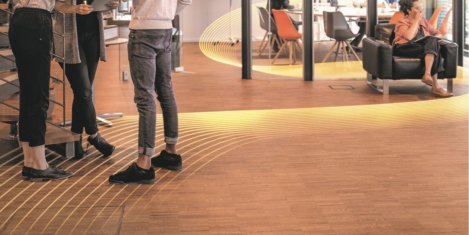
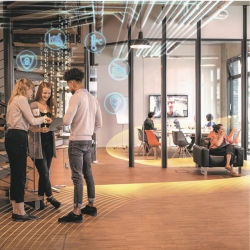
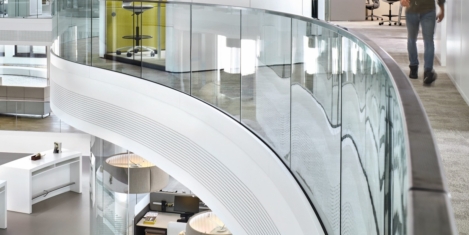
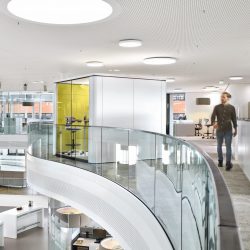 The current debate about how much space we will need in the office from now on is not new. As with many of the debate’s facets, the point at which we find ourselves has long been our destination. We’re just here earlier than we might have expected.
The current debate about how much space we will need in the office from now on is not new. As with many of the debate’s facets, the point at which we find ourselves has long been our destination. We’re just here earlier than we might have expected. 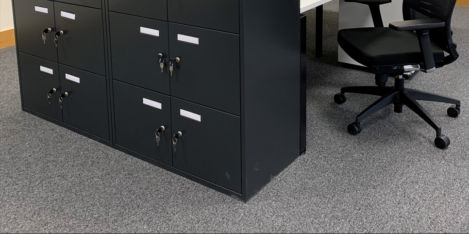
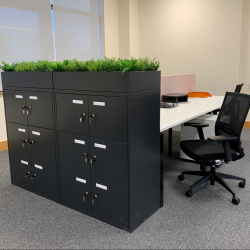


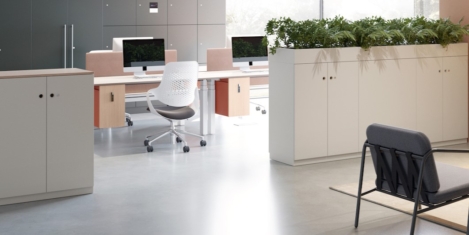
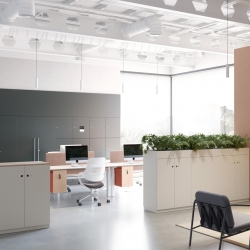

















August 5, 2022
The four day week might be the wellbeing solution workers need
by Mark Hall • Comment, Flexible working, Wellbeing